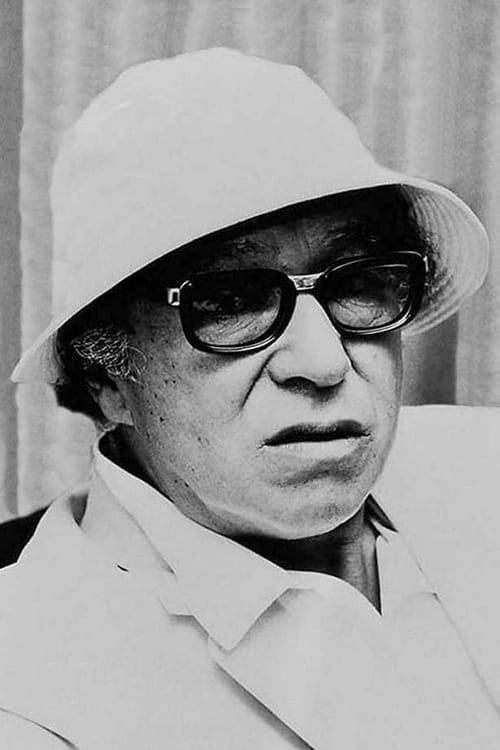
Masaki Kobayashi
Birth : 1916-02-14, Otaru, Hokkaidō, Japan
Death : 1996-10-04
History
Masaki Kobayashi (February 14, 1916–October 4, 1996) was a Japanese director.
Among his films is Kwaidan (1965), a collection of four ghost stories drawn from the book by Lafcadio Hearn, each of which has a surprise ending.
Kobayashi also directed The Human Condition, a trilogy on the effects of World War II on a Japanese pacifist and socialist. The total length of the films is over 9 hours. Other notable films include Harakiri (1962) and Samurai Rebellion (1967). Harakiri won him an award at the 1963 Cannes Film Festival, solidifying his place in the history of cinema.
In 1969, he was a member of the jury at the 19th Berlin International Film Festival.
He was also a candidate for directing the Japanese sequences for Tora! Tora! Tora!, once Akira Kurosawa left the film. But instead Kinji Fukasaku and Toshio Masuda were chosen.
Kobayashi, himself a pacifist, was drafted into the Imperial Japanese Army during World War II, but refused to fight and refused promotion to a rank higher than private.
Description above from the Wikipedia article Masaki Kobayashi, licensed under CC-BY-SA, full list of contributors on Wikipedia.

Screenplay
A new magistrate in the town of Horisoto—widely reputed to be the most lawless township in Japan, uses guile and his opponents' own misperceptions and prejudices to defeat his enemies and uproot corruption.

Self
In this 1993 video interview, filmed for the Directors Guild of Japan at Tokyo’s Haiyuza Theatre, director Masaki Kobayashi talks to fellow filmmaker and longtime Kobayashi admirer Masahiro Shinoda (DOUBLE SUICIDE) about THE HUMAN CONDITION.

Screenplay
This gripping docudrama is a fictionalized account of what could happen to a Japanese family when one of their sons shames them in front of the entire nation.

Director
This gripping docudrama is a fictionalized account of what could happen to a Japanese family when one of their sons shames them in front of the entire nation.

Writer
One of the major documentaries on a specific chapter in modern Japanese history, this look at the trial of Japanese militarists accused of war crimes is excellently handled by director Masaki Kobayashi. Kobayashi and his assistants had to plough through 30,000 reels from the proceedings of the International Military Tribunal which took place between May, 1946 and November, 1948. It took two days to read the charges against the 100 alleged war criminals in the docket (only 28 top officials are actually in the courtroom, which was limited in space), and the final judgment took one week to read.

Director
One of the major documentaries on a specific chapter in modern Japanese history, this look at the trial of Japanese militarists accused of war crimes is excellently handled by director Masaki Kobayashi. Kobayashi and his assistants had to plough through 30,000 reels from the proceedings of the International Military Tribunal which took place between May, 1946 and November, 1948. It took two days to read the charges against the 100 alleged war criminals in the docket (only 28 top officials are actually in the courtroom, which was limited in space), and the final judgment took one week to read.

Director
A very beautiful Japanese woman is in love with Persian carpets. She is being chased by lecherous Saburi Shin and a handsome young photographer. Lecherous Saburi Shin knows what she wants, and is able to produce it for her.
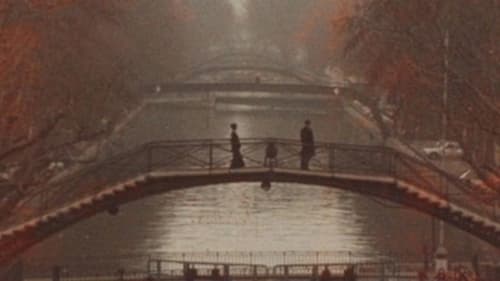
Director
An industrialist is diagnosed with terminal cancer. He is on a trip to Europe at the time, and a glimpse of a Japanese woman in that setting causes him to fantasize about her as the personification of his impending death. As his dialogue with his imagined mortality continues, he actually meets the living woman who is the template for his fantasy, and together they tour rural churches. Gradually he comes to some kind of peace about the diagnosis. When he returns to Japan, he is met with a series of challenges which profoundly test the lessons he has learned.

Director
The story takes place in feudal Japan, when any commerce with the rest of the world was strictly prohibited. An idealist suddenly appears in an isolated inn (the one that the title refers to), the head-quarters of a group of smugglers, with stolen money intended to ransom his loved one who is forced to work in a brothel.
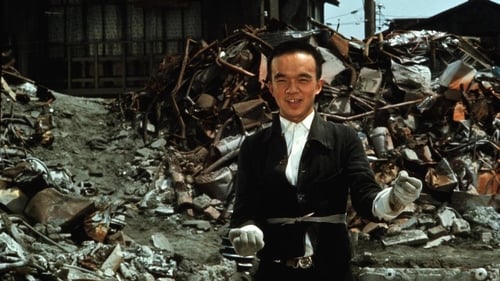
Executive Producer
This film follows the daily lives of a group of people barely scraping by in a slum on the outskirts of Tokyo. Yet as desperate as their circumstances are, each of them—the homeless father and son envisioning their dream house; the young woman abused by her uncle; the boy who imagines himself a trolley conductor—finds reasons to carry on.
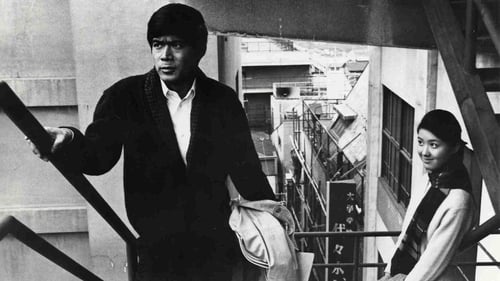
Director
Zensaku, middle-aged and deaf in one ear, learns that his son's fallen for the daughter of a war officer responsible for the maiming.
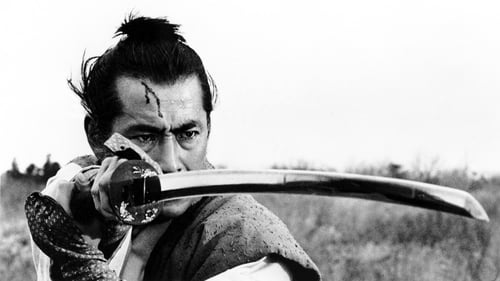
Director
The mother of a feudal lord's only heir is kidnapped away from her husband by the lord. The husband and his samurai father must decide whether to accept the unjust decision, or risk death to get her back.
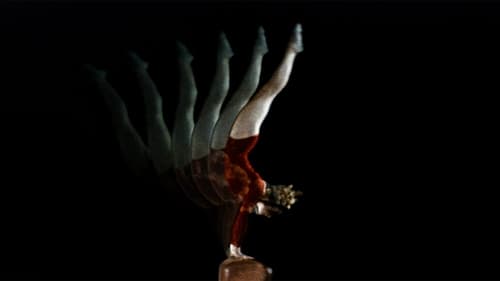
Thanks
This impressionistic portrait of the 1964 Tokyo Summer Olympics pays as much attention to the crowds and workers as it does to the actual competitive events. Highlights include an epic pole-vaulting match between West Germany and America, and the final marathon race through Tokyo's streets. Two athletes are highlighted: Ethiopian marathon runner Abebe Bikila, who receives his second gold medal, and runner Ahamed Isa from Chad, representing a country younger than he is.

Director
Taking its title from an archaic Japanese word meaning "ghost story," this anthology adapts four folk tales. A penniless samurai marries for money with tragic results. A man stranded in a blizzard is saved by Yuki the Snow Maiden, but his rescue comes at a cost. Blind musician Hoichi is forced to perform for an audience of ghosts. An author relates the story of a samurai who sees another warrior's reflection in his teacup.
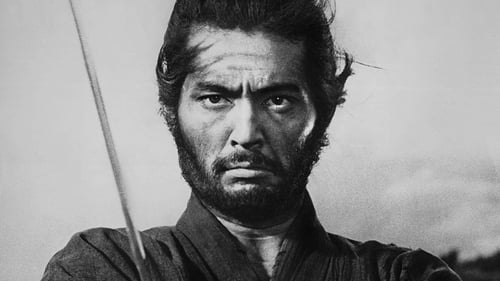
Director
Down-on-his-luck veteran Tsugumo Hanshirō enters the courtyard of the prosperous House of Iyi. Unemployed, and with no family, he hopes to find a place to commit seppuku—and a worthy second to deliver the coup de grâce in his suicide ritual. The senior counselor for the Iyi clan questions the ronin’s resolve and integrity, suspecting Hanshirō of seeking charity rather than an honorable end. What follows is a pair of interlocking stories which lay bare the difference between honor and respect, and promises to examine the legendary foundations of the Samurai code.
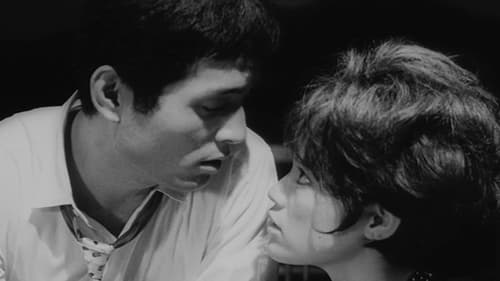
Producer
On his deathbed, a wealthy businessman announces that his fortune is to be split equally among his three illegitimate children, whose whereabouts are unknown to his family and colleagues. A bevy of lawyers and associates scheme to procure the money for themselves, enlisting the aid of impostors and blackmail.

Director
On his deathbed, a wealthy businessman announces that his fortune is to be split equally among his three illegitimate children, whose whereabouts are unknown to his family and colleagues. A bevy of lawyers and associates scheme to procure the money for themselves, enlisting the aid of impostors and blackmail.
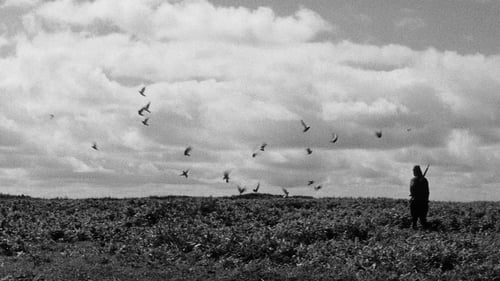
Producer
After the Japanese defeat to the Russians, Kaji leads the last remaining men through Manchuria. Intent on returning to his dear wife and his old life, Kaji faces great odds in a variety of different harrowing circumstances as he and his fellow men sneak behind enemy lines.

Screenplay
After the Japanese defeat to the Russians, Kaji leads the last remaining men through Manchuria. Intent on returning to his dear wife and his old life, Kaji faces great odds in a variety of different harrowing circumstances as he and his fellow men sneak behind enemy lines.

Director
After the Japanese defeat to the Russians, Kaji leads the last remaining men through Manchuria. Intent on returning to his dear wife and his old life, Kaji faces great odds in a variety of different harrowing circumstances as he and his fellow men sneak behind enemy lines.
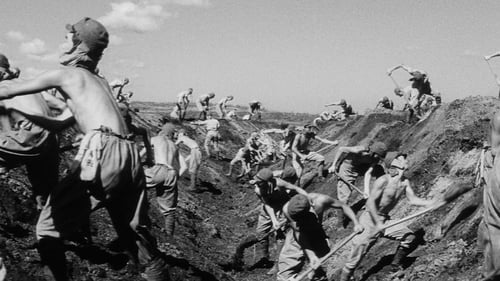
Producer
Kaji is sent to the Japanese army labeled Red and is mistreated by the vets. Along his assignment, Kaji witnesses cruelties in the army and revolts against the abusive treatment against the recruit Obara. He also sees his friend Shinjô Ittôhei defecting to the Russian border, and he ends in the front to fight a lost battle against the Russian tanks division.

Screenplay
Kaji is sent to the Japanese army labeled Red and is mistreated by the vets. Along his assignment, Kaji witnesses cruelties in the army and revolts against the abusive treatment against the recruit Obara. He also sees his friend Shinjô Ittôhei defecting to the Russian border, and he ends in the front to fight a lost battle against the Russian tanks division.

Director
Kaji is sent to the Japanese army labeled Red and is mistreated by the vets. Along his assignment, Kaji witnesses cruelties in the army and revolts against the abusive treatment against the recruit Obara. He also sees his friend Shinjô Ittôhei defecting to the Russian border, and he ends in the front to fight a lost battle against the Russian tanks division.

Screenplay
After handing in a report on the treatment of Chinese colonial labor, Kaji is offered the post of labor chief at a large mining operation in Manchuria, which also grants him exemption from military service. He accepts, and moves to Manchuria with his newly-wed wife Michiko, but when he tries to put his ideas of more humane treatment into practice, he finds himself at odds with scheming officials, cruel foremen, and the military police.

Director
After handing in a report on the treatment of Chinese colonial labor, Kaji is offered the post of labor chief at a large mining operation in Manchuria, which also grants him exemption from military service. He accepts, and moves to Manchuria with his newly-wed wife Michiko, but when he tries to put his ideas of more humane treatment into practice, he finds himself at odds with scheming officials, cruel foremen, and the military police.

Director
The story follows a university student who moves into an apartment building and becomes involved with a waitress. The landlord then attempts to evict the tenants and sell the building through illicit means.
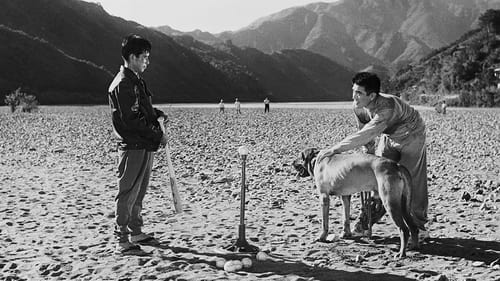
Director
A talent scout moves sharply, dead-set on signing a promising athlete to the baseball team the Toyko Flowers.
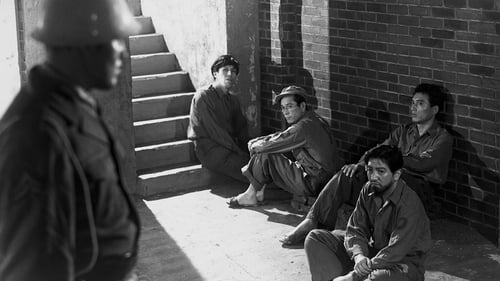
Director
A group of rank-and-file Japanese soldiers are jailed for crimes against humanity, themselves victims of a nation refusing to bear its burdens as a whole.

Director
A botanist woos the secretary of an industrialist whose company threatens the local water supply.
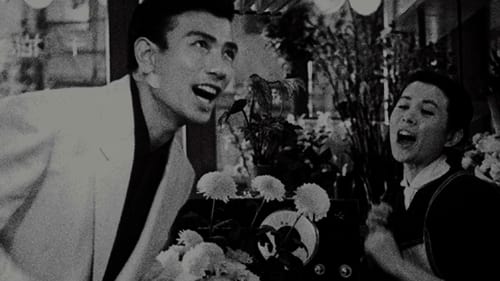
Director
Masaki Kobayashi directs this romantic drama concerning a family of florists.
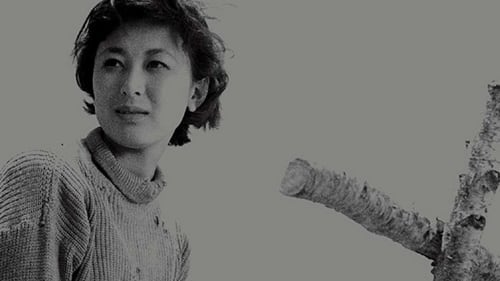
Writer
In a mountain village, Heita, a translator's son, is a gifted boy but is shunned by the villagers. He can imitate birds' cry and befriends another boy who works in a brewery. Heita also finds solace in the village pastor Yasugi and his teacher Michiko, but they too have problems of their own.

Director
In a mountain village, Heita, a translator's son, is a gifted boy but is shunned by the villagers. He can imitate birds' cry and befriends another boy who works in a brewery. Heita also finds solace in the village pastor Yasugi and his teacher Michiko, but they too have problems of their own.
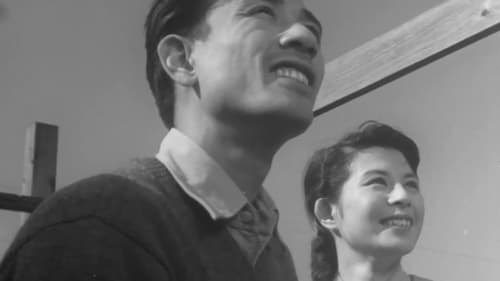
Director
This drama of middle-class life in postwar Japan tells the story lower-middle-class workers in the city of Kawasaki, and their troubles and travails.

Director
A young student falls into a hopeless romantic attraction to a sick girl, whom he can only see from afar.

Director
The story of a father and two teenaged sons, and the rivalry between the two siblings as they begin to discover the attraction of girls.

Assistant Director
A girl who'd left her hometown for the exciting adventure of the big city returns home years later for a visit, soon somehow causing scandal.

Assistant Director
When the future of his construction company falls into danger, a controlling father pushes his children into unsatisfying marriages and careers in order to regain financial stability.

Screenplay
When the future of his construction company falls into danger, a controlling father pushes his children into unsatisfying marriages and careers in order to regain financial stability.
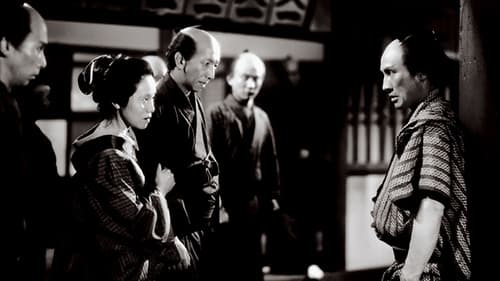
Assistant Director
Iemon Tamiya is an impoverished masterless samurai who craves a better life, which he cannot have because of his marriage to Oiwa, who is completely devoted to her husband.
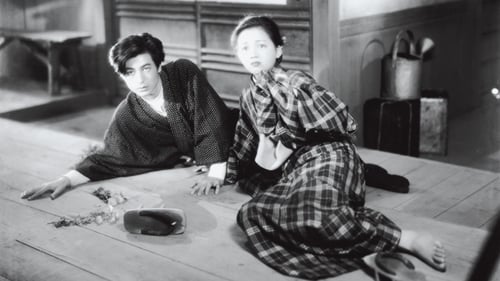
Assistant Director
A teacher at a Japanese school tries to hide his outcast upbringing.

Assistant Director
The mistress of a crook real estate broker comes to terms with her soulless existence after an artist paints her portrait.

Screenplay
Lost film, directed by Tomu Uchida. This film is a very funny comedy that makes fun of the moral code of the samurai Bushido, which has become obsolete and turned into an empty form during the period of feudalism.

























